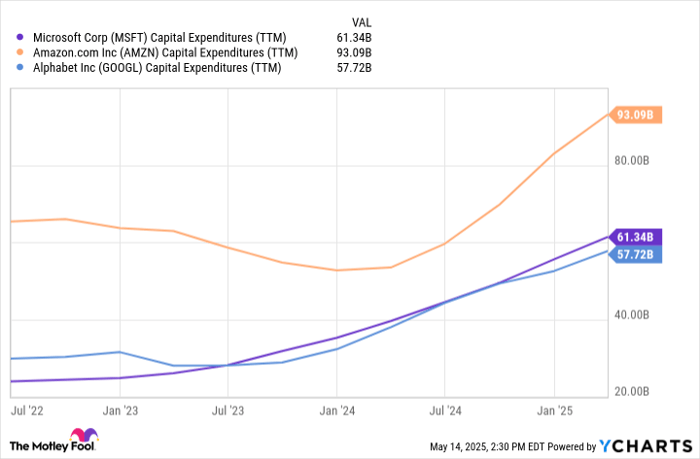Retirement Income: States with Low to No Tax Burden
Maximizing your retirement income while minimizing income tax is a smart approach. Your state of residence plays a significant role in how much you’ll owe during tax season. Some states do not charge income tax on common retirement income, potentially saving retirees substantial sums.
Most Tax-Friendly States for Retirees
It’s important to note that while several states don’t impose income tax on retirement income, federal (IRS) taxation still applies. This often represents a larger tax hit than state taxes. Additional taxes might be levied at the city or county level as well.
Given that avoiding state taxes can save you hundreds or thousands annually, relocating could be a beneficial option. Below is a list of nine states that do not tax retirement income due to the absence of state income tax:
- Alaska
- Florida
- Nevada
- New Hampshire
- South Dakota
- Tennessee
- Texas
- Washington
- Wyoming
While you may have heard of more than nine states with lenient tax policies, they include four states that tax regular employment income but exempt distributions from IRAs, 401(k)s, and Social Security benefits from being taxed:
- Illinois
- Iowa
- Mississippi
- Pennsylvania
Be cautious in Pennsylvania and Mississippi, where most early withdrawals from ordinary retirement accounts are taxed as income. If tax minimization is a priority, careful planning is necessary in these states.

Image source: Getty Images.
Retirement account distributions are not typically the sole source of income for retirees. Regarding Social Security benefits, it’s worth noting that most states do not tax this income, despite federal taxation. Currently, only nine states impose taxes on some Social Security retirement payments:
- Colorado
- Connecticut
- Minnesota
- Montana
- New Mexico
- Rhode Island
- Utah
- Vermont
- West Virginia
West Virginia is gradually eliminating its taxation on Social Security, aiming for full exemption starting in the 2026 tax year.
While these nine states tax Social Security benefits, many offer some form of preferential treatment. In Connecticut, for instance, individual filers earning less than $75,000 and joint filers earning under $100,000 pay no state tax on Social Security income. It’s advisable to investigate each state’s specific tax rules before relocating.
This guidance applies to those with military pensions or other retirement plans as well. State taxation can vary significantly, so understanding each state’s specific rules is crucial.
Broader Considerations for Retirement Planning
While avoiding taxes is advantageous, it should not be your sole focus in retirement. The cost of living in no-tax states can sometimes be prohibitive. For example, residents of Florida are expressing concerns about escalating property taxes, which can negate the benefits of having no state income tax.
If you are contemplating relocating for tax reasons, conduct a comparative analysis of your current cost of living against potential living costs in a new state. This analysis will require gathering information about local tax rates and assessing your budget. While precise calculations are not necessary, having a rough estimate of potential savings can be enlightening.
Possible Social Security Benefits to Consider
If you’re not yet fully prepared for retirement, there are lesser-known strategies that might increase your Social Security income. Employing these approaches could lead to an annual boost of up to $22,924. Learning how to maximize your Social Security benefits can empower you to retire with greater confidence and peace of mind.
The views and opinions expressed herein are those of the author and do not necessarily reflect those of Nasdaq, Inc.







